VI. The Shields Advance
Gallic and Ligurian warriors march towards danger in defence of Massalia. Their enemy: Kephalos Aiakides and his veteran army of Ligurians, Gauls, and Iberians. Men who fought together, side by side, against the Carthaginian menace in Africa, against the Lusotannan Dominion in Iberia, against the Roman Republic in Italy, men who had marched all across the Western Mediterranean shores victoriously representing the Massalian League, were now marching against each other in what would appear to be a bloody civil war for the throne of the city-state of Massalia and position of Hegemon of the League.
Antarchos Aiakides, third son of the late basileos Nikanor Aiakides, was the first candidate to occupy Massalia itself. Having broken the Senate and Directory of Fifteen to his will, Antarchos declared himself basileos and hegemon, thereby invoking the anger of his royal brothers.
Kephalos Aiakides, stationed in the Satrapy of Tolosa to guard the frontier from Gallic incursions, immediately ordered his army to march upon the news of his brother's actions. Telling his men that they were on campaign to liberate Massalia's citizens from his brother the power-hungry tyrant, Kephalos set a route directly to his polis.
Antarchos, wanting to win over the populace of Massalia, set out with his army to confront his brother away from Massalian soil. Thus began the greatest battle both brothers ever witnessed, where the champions of the western Mediterranean slew each other under warm sunlight and over the dewy grass, which was soon destined to become soaked with the blood of the bravest soldiers Massalia had ever seen.
The initial skirmish was one of hesitation as both sides considered their actions of combatting their own people, yet the conflict of Massalia was greater than their own opinions. Good soldiers to the last, the men on both sides unleashed their javelins and stones upon their own kin.
The first warriors to charge in, under Kephalos' command, were told to devoid their mind of thoughts and focus on their duty to smash aside Antarchos' army. Releasing their concerns through shattering screams of hatred and frustration, Kephalos' Ligurians charged ahead directly against the very same men they sacked Carthage with.
As the shield walls collided, Antarchos ordered his Gallic and Iberian swordsmen to wheel around the right flank and smash Kephalos' troops from the flank and behind.
This order was carried out with great speed, efficiency, and terror. The armour-piercing falcatas wielded by the Iberian Caetrati was invaluable in cutting apart Kephalos' veteran warriors.
Following the swordsmen was Antarchos' Ligurian cavalry arm, which was succesful in dispersing Kephalos' cavalry. With next to no opposition, they were quick to ride around the main battle line in order to repeatedly strike the invaders from behind.
One can only imagine the thoughts that went through their minds as they rode over their own brave kinfolk.
Proud and fierce warriors that they were, Kephalos' Ligurians fought to the very last man, resigned to the fact that the gods chose as their fate to be slaughtered by their own brothers.
The Ligurian cavalry threw their weapons in the air and cried to the gods in both mourning and triumph. Kephalos' men, the bravest warriors of the western Mediterranean, had fallen victim to the shieldwall and swords of their own brothers.
As Antarchos stared at the dead, he wondered on the meaning of life. For Massalia's champions to have their honoured lives ended in such a situation would surely cause even the most hard-minded men to question life.
Had they been under the command of a greater general than the young and inexperienced Kephalos, the men marching for the liberation of Massalia would likely have fared better. They never deserved the fate they got, by all the gods.
Antarchos ordered the proper burial of all men on the field, followed by mourning. As men searched and honoured their fallen family members, the body of Kephalos was found. As with his men, he was given a burial, that of a soldier and a prince. He was, after all, a member of the Aiakides family and a descent of Pyrrhos of Epeiros. Antarchos had mixed feelings.
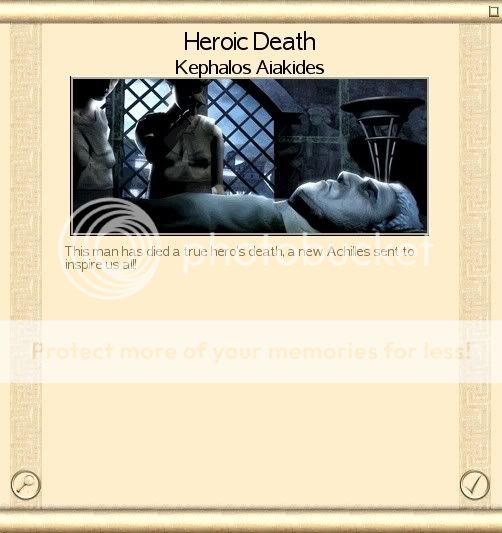





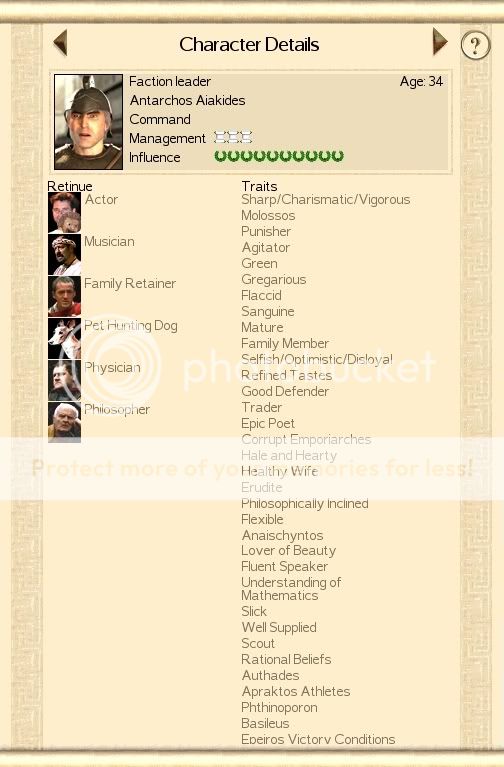

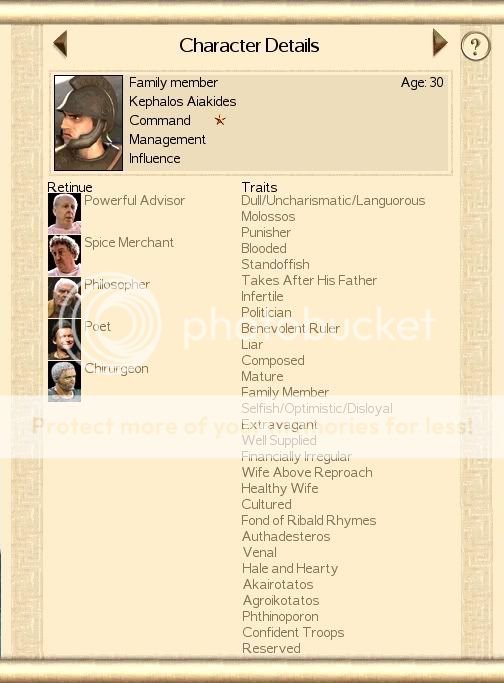



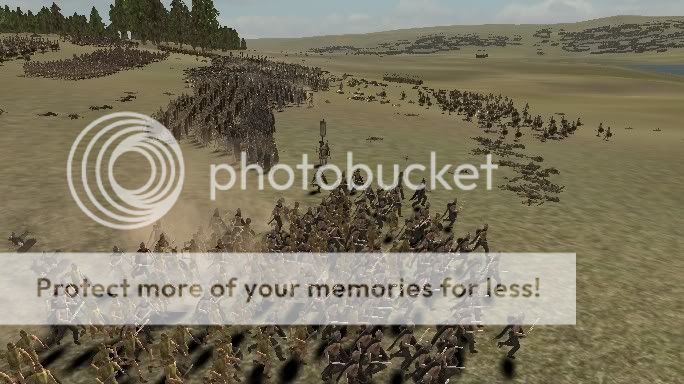
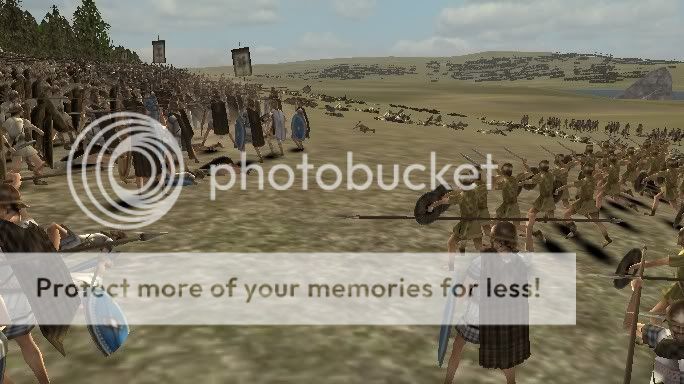
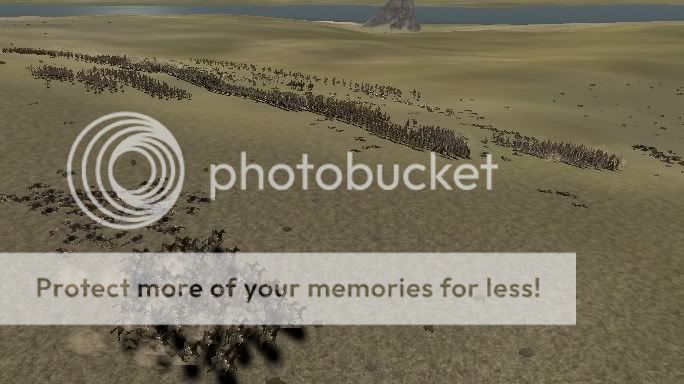
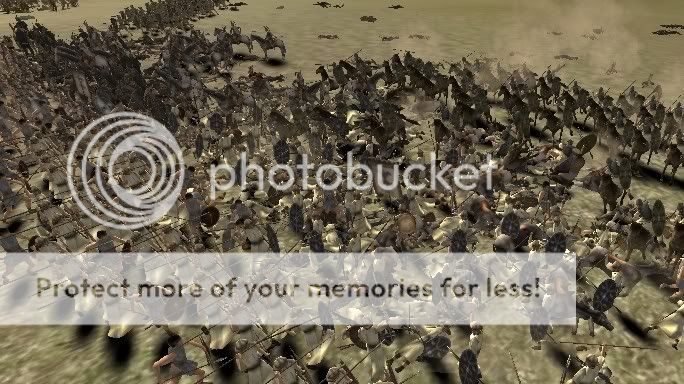
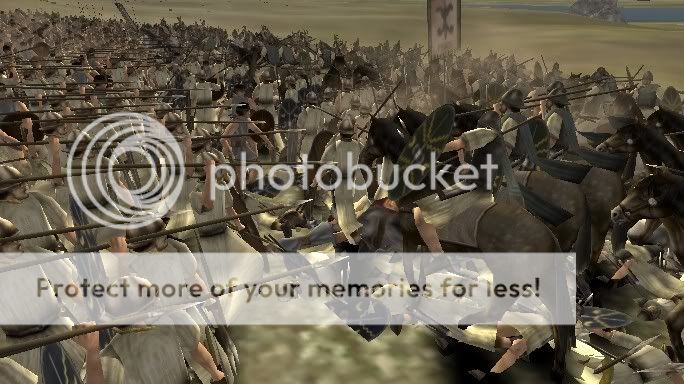
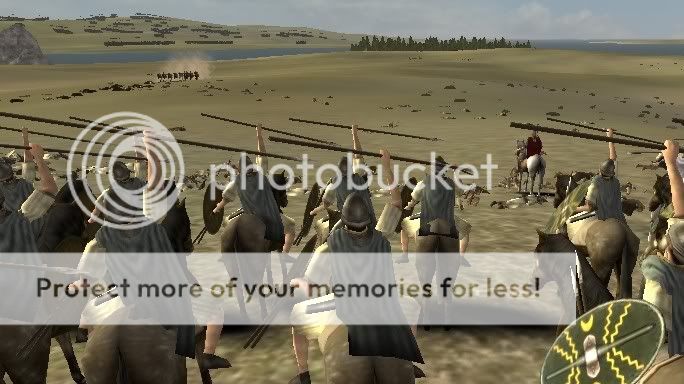
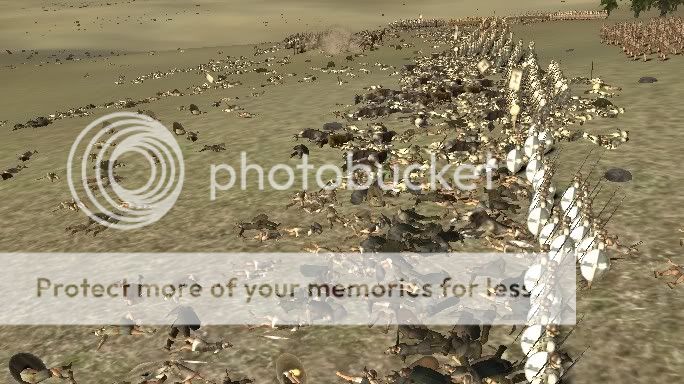
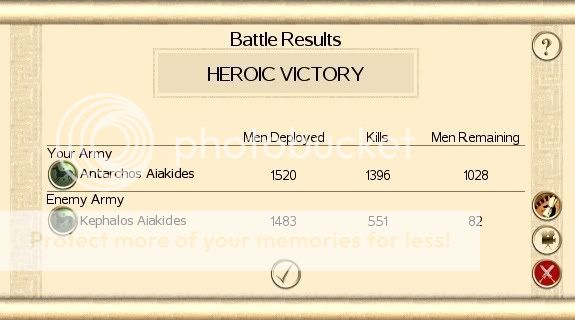

 Reply With Quote
Reply With Quote







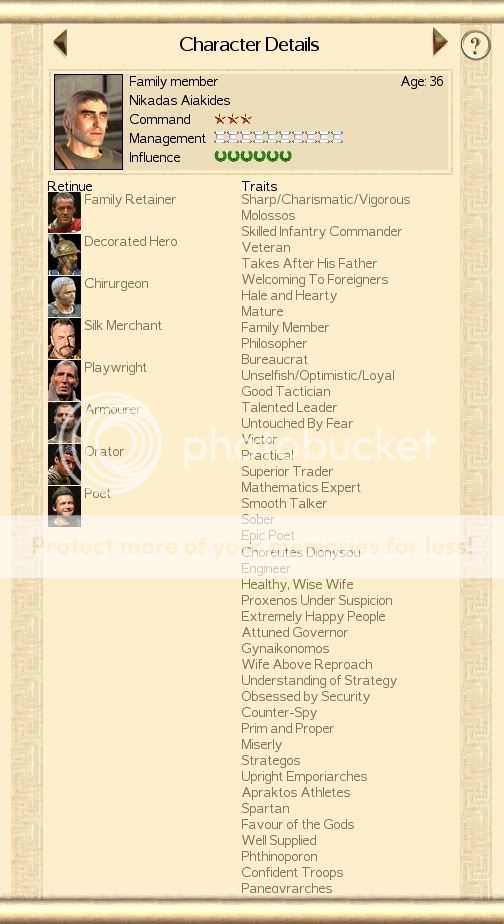

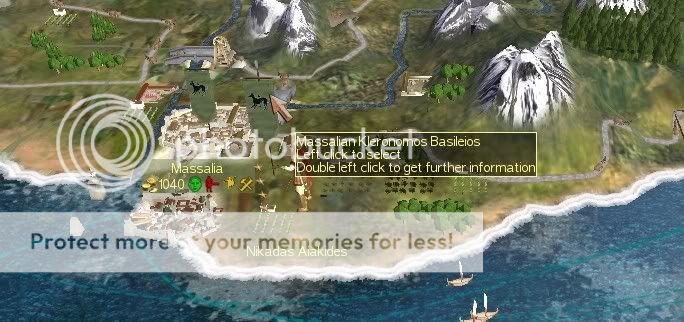






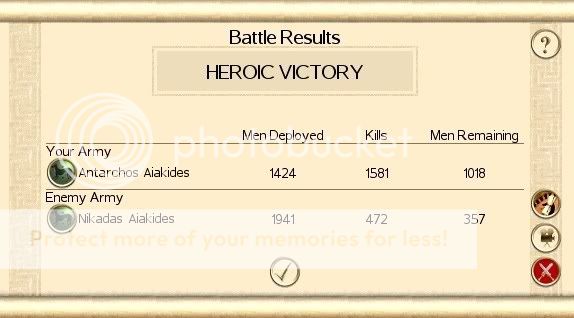
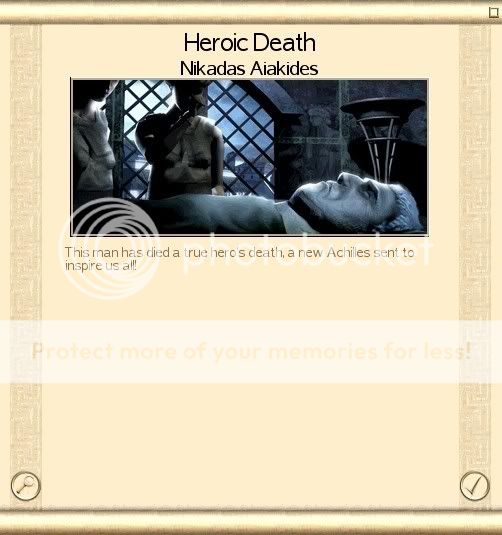

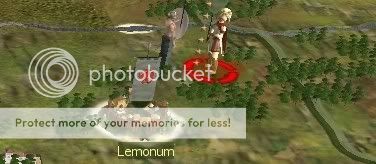



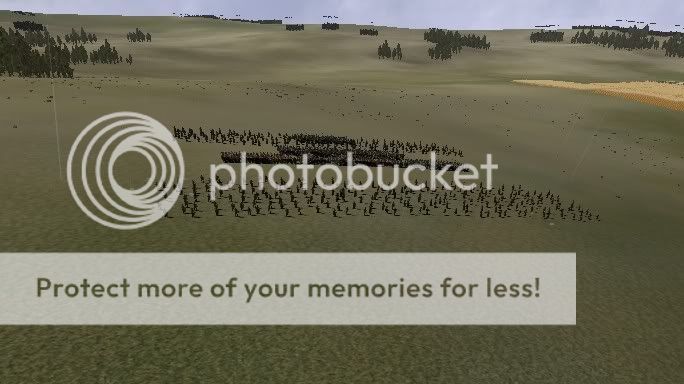
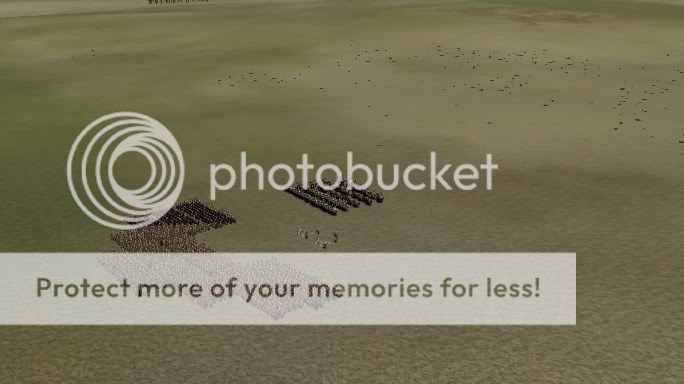
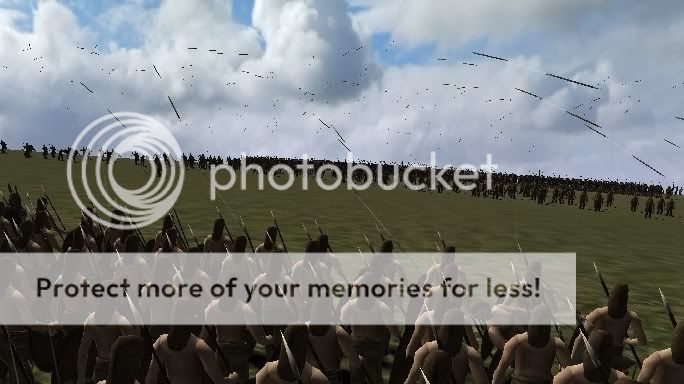
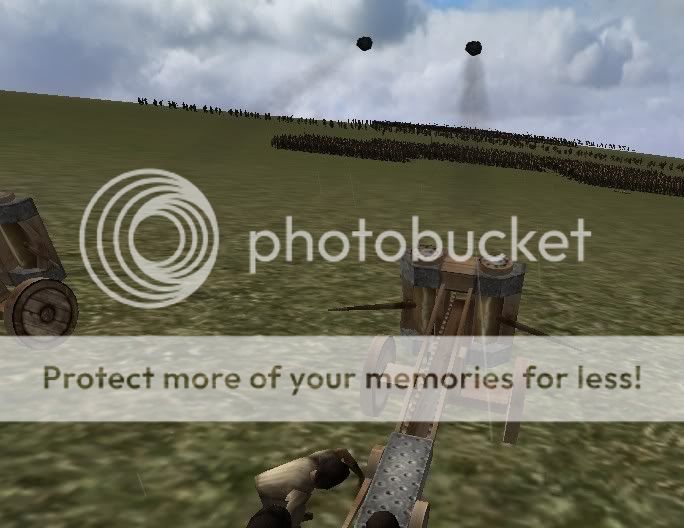
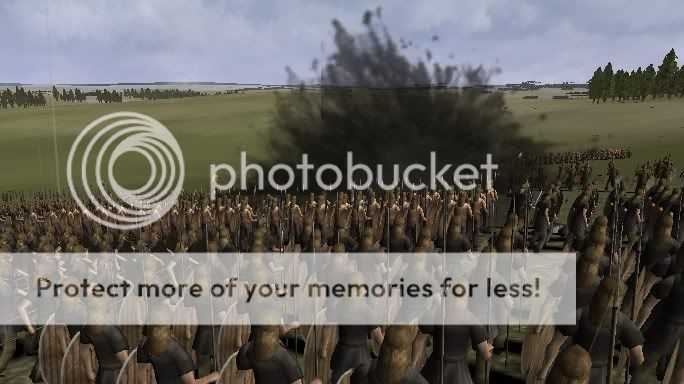
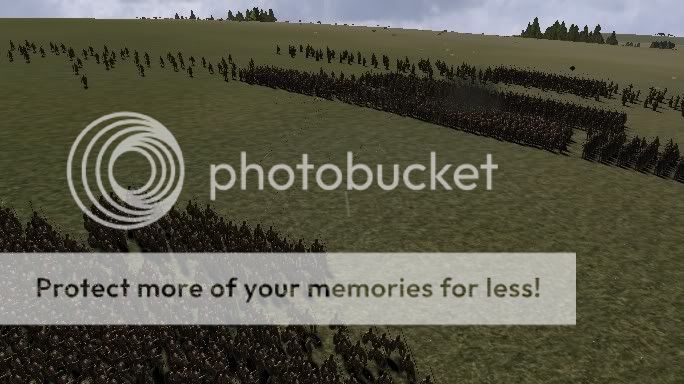
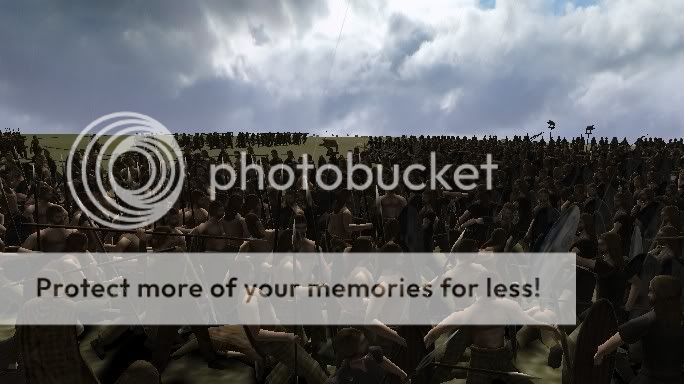
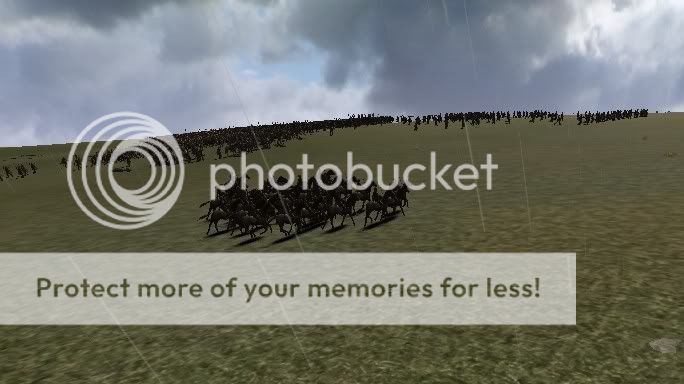
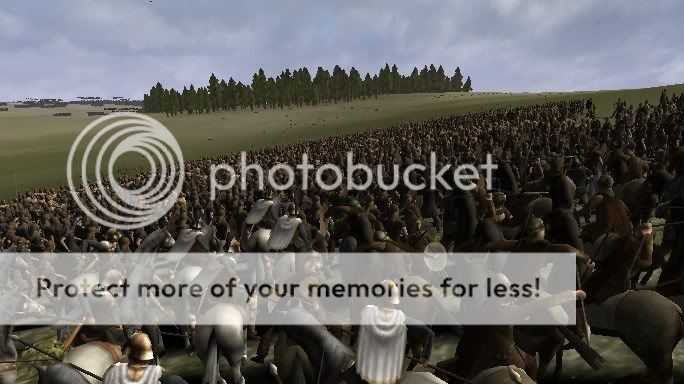
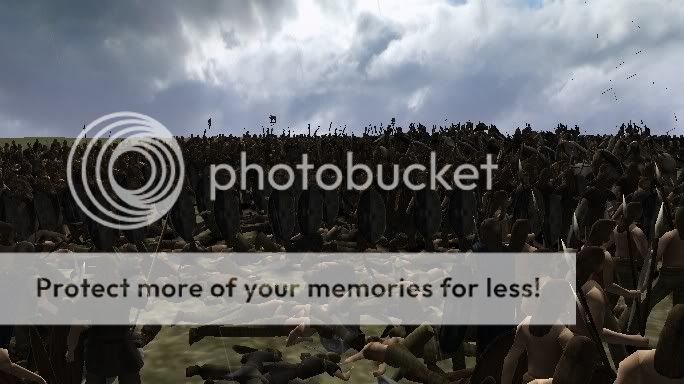
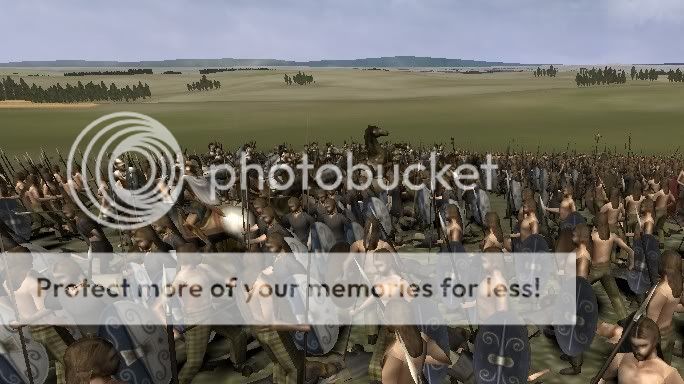
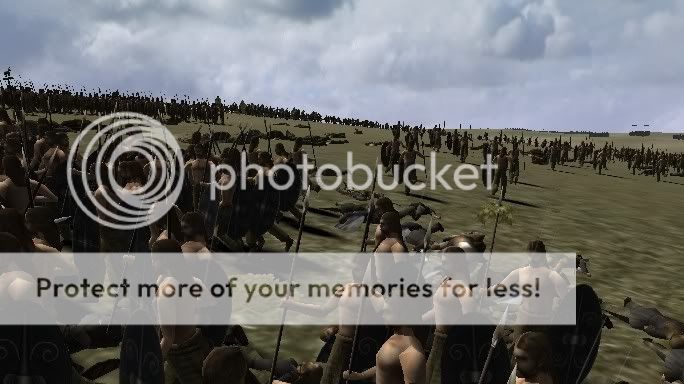
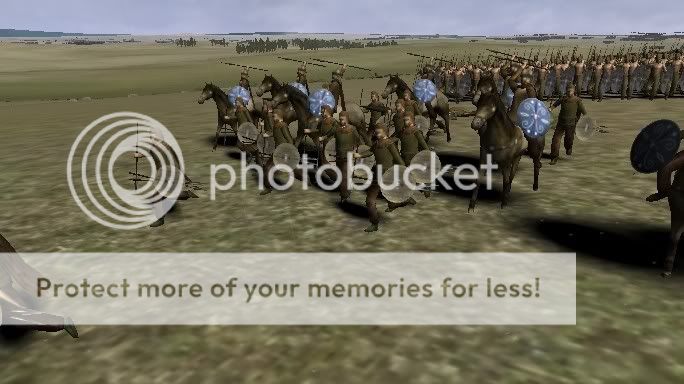


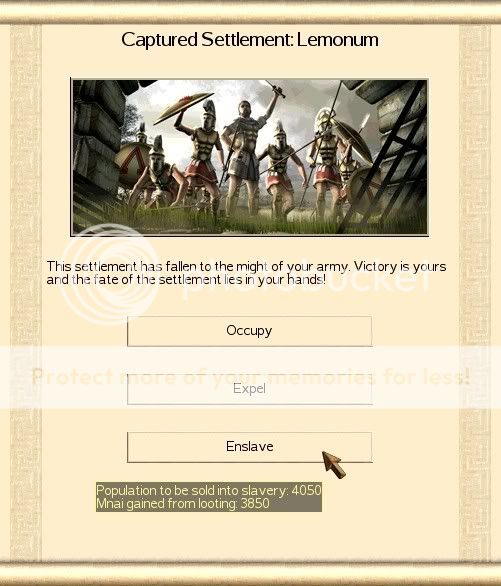

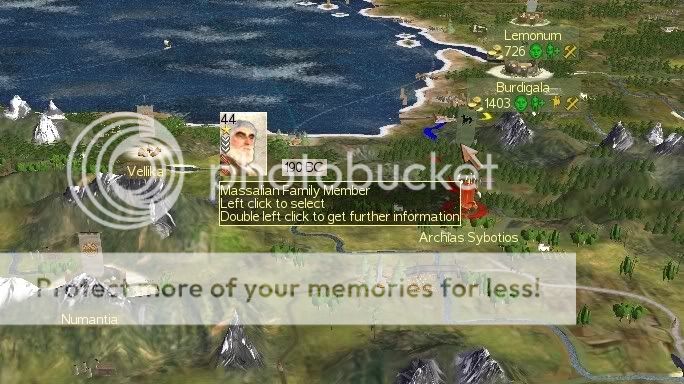
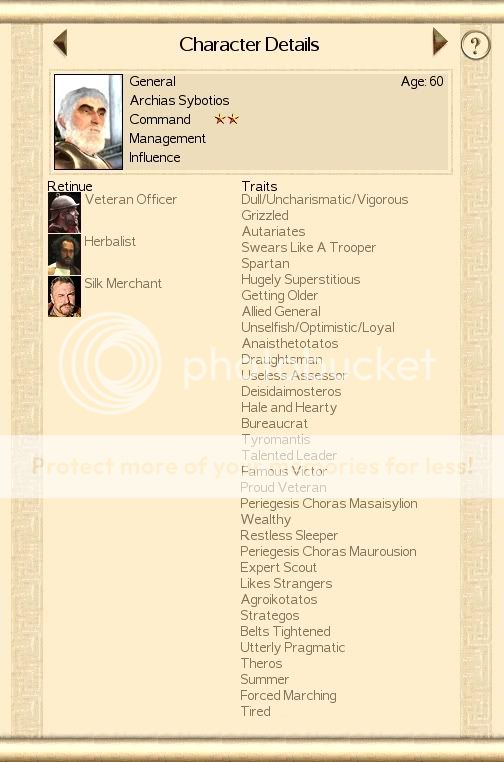
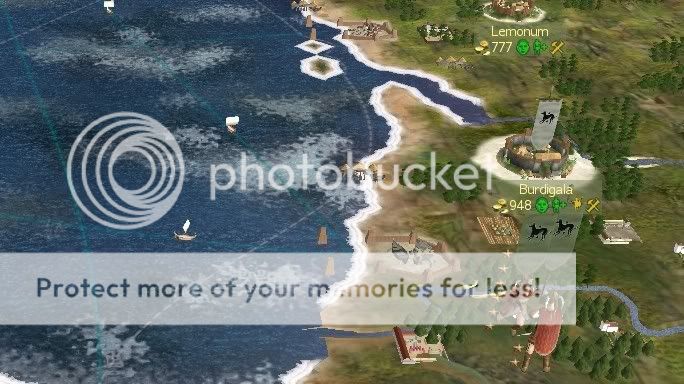




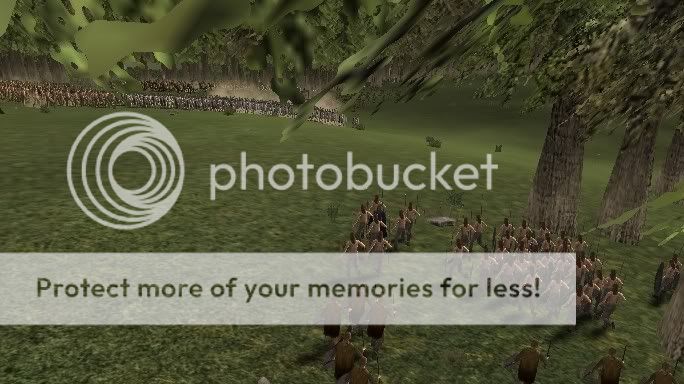
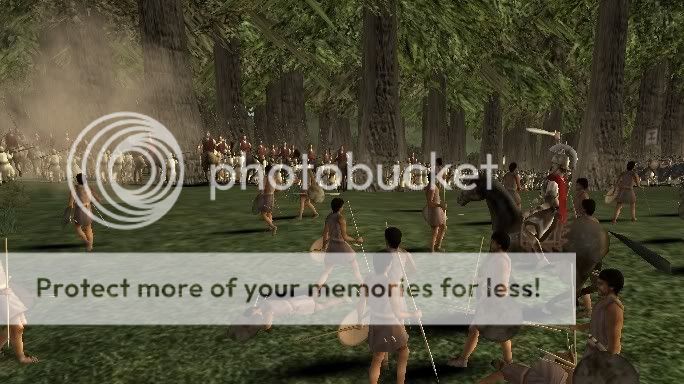
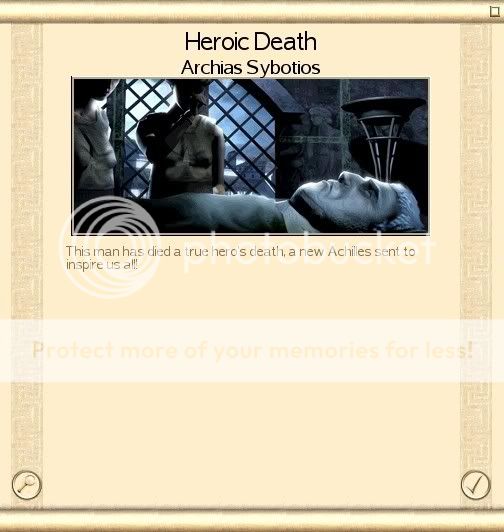
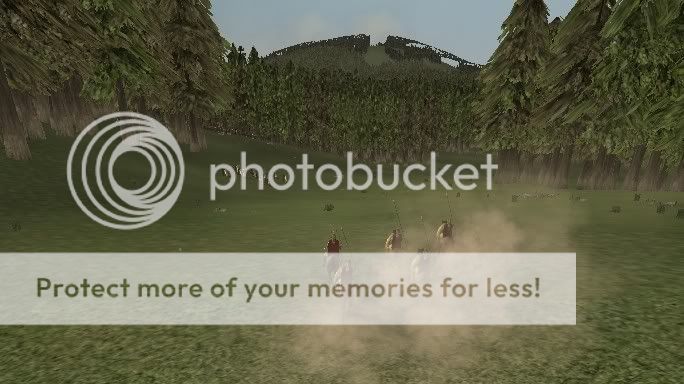
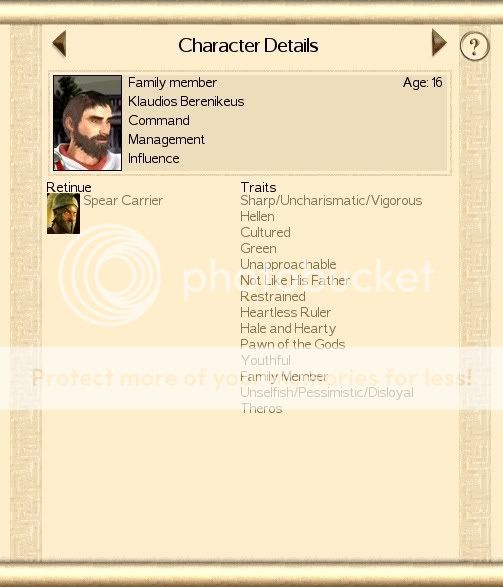
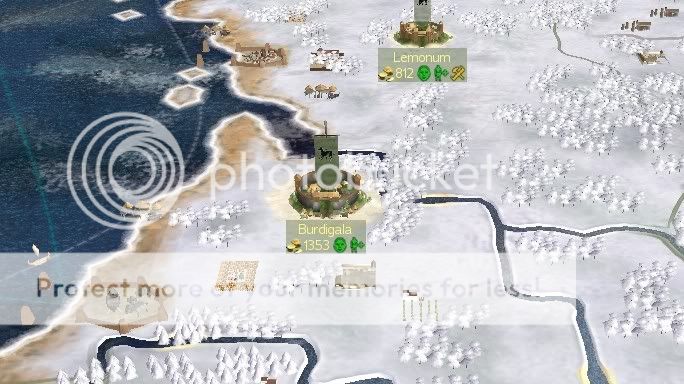


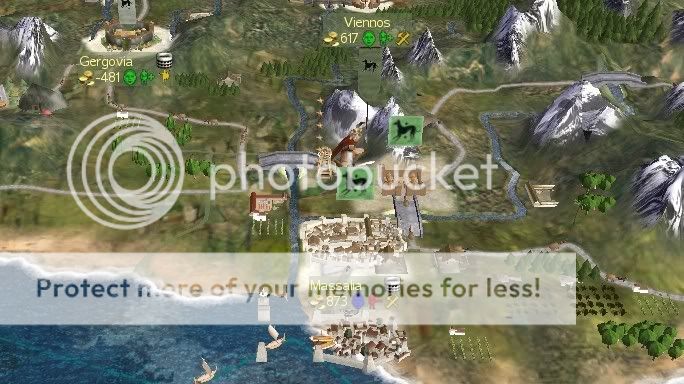
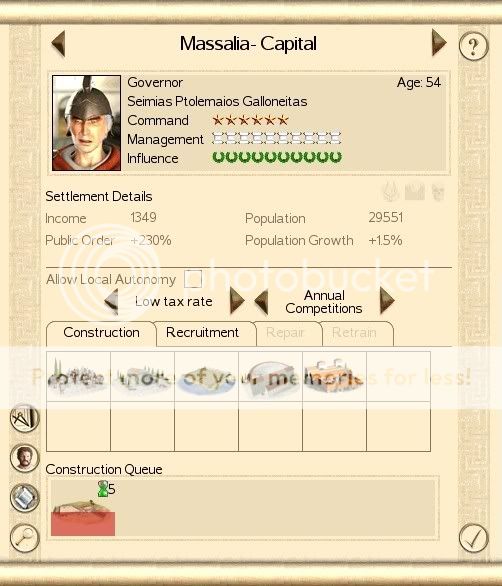
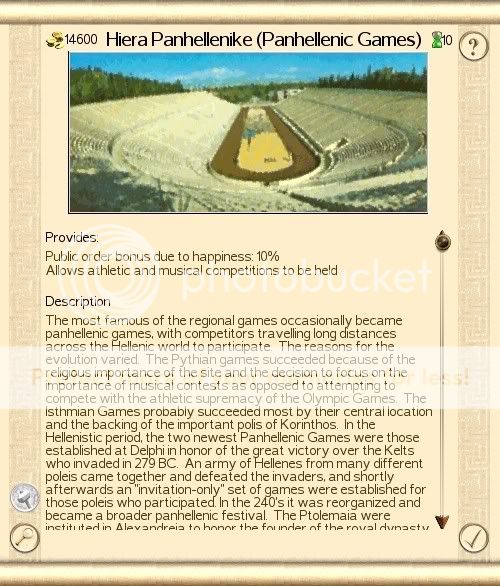
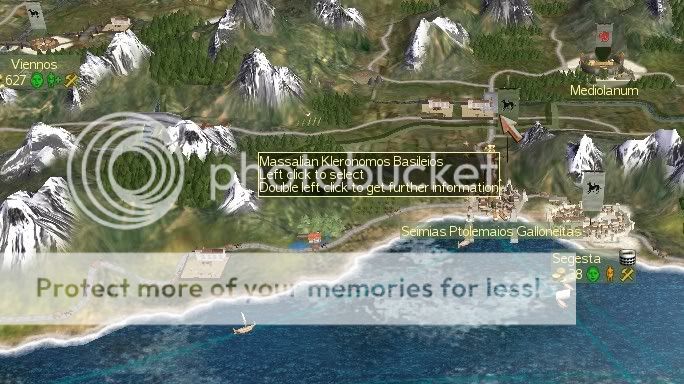

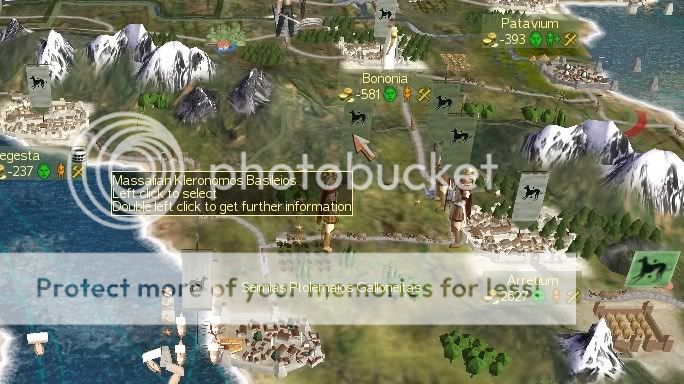









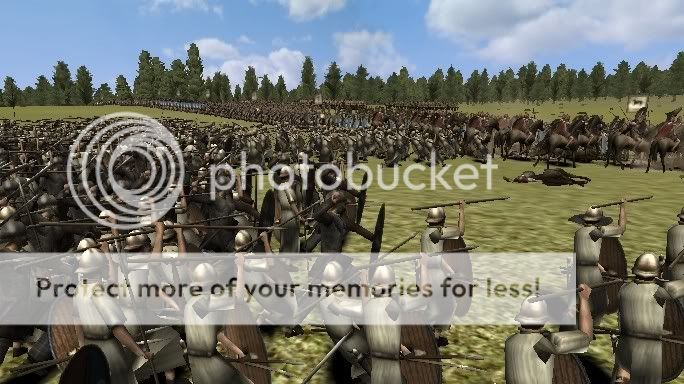
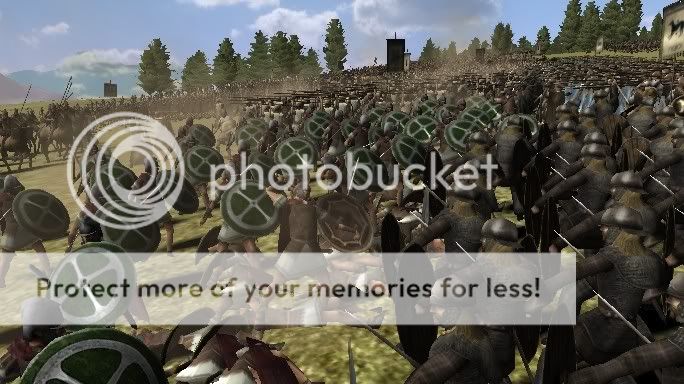
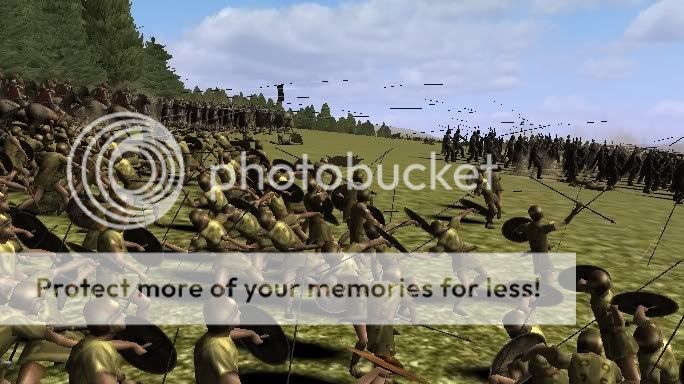
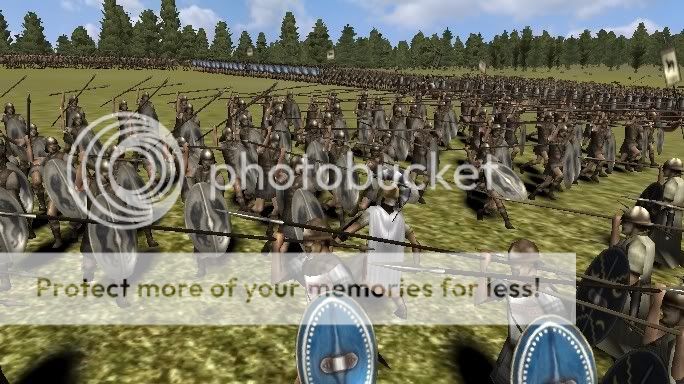
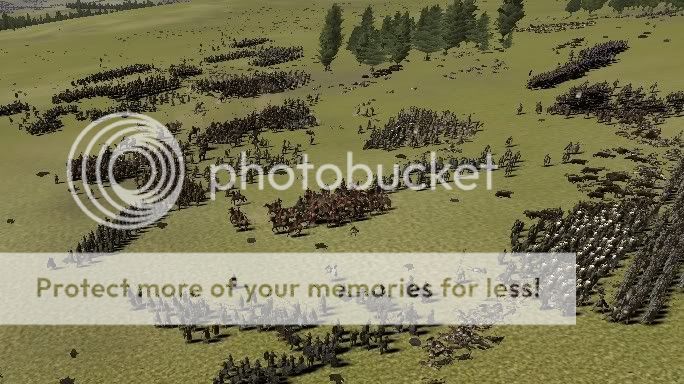
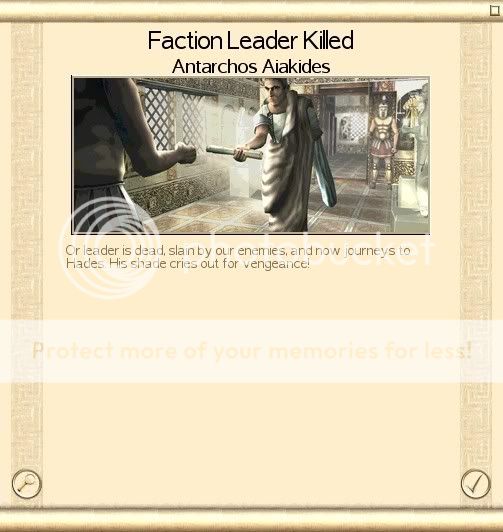
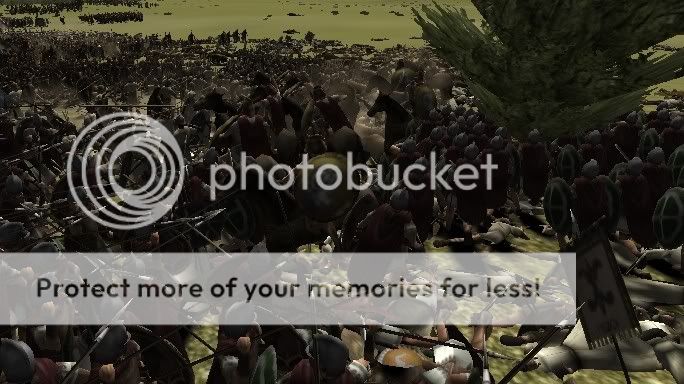
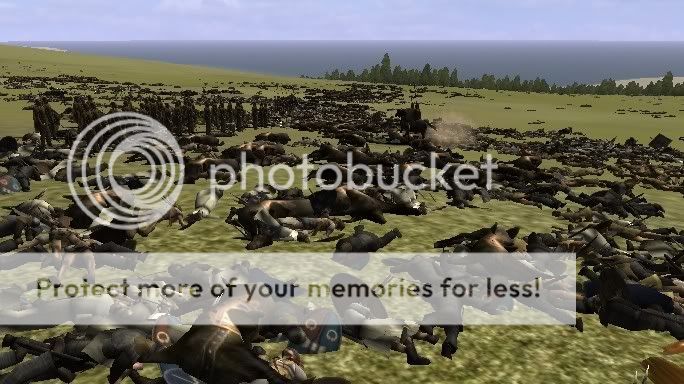
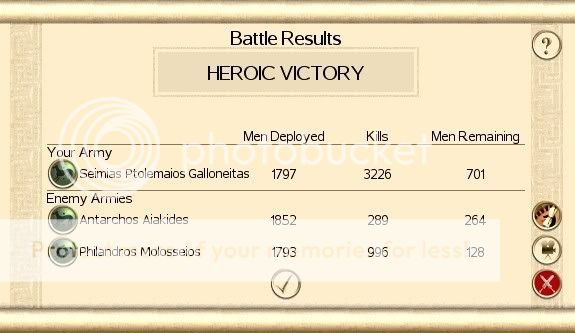
 that looked awesome. Where are you going next though? And how do you get these armies to fight each other?
that looked awesome. Where are you going next though? And how do you get these armies to fight each other?
Bookmarks